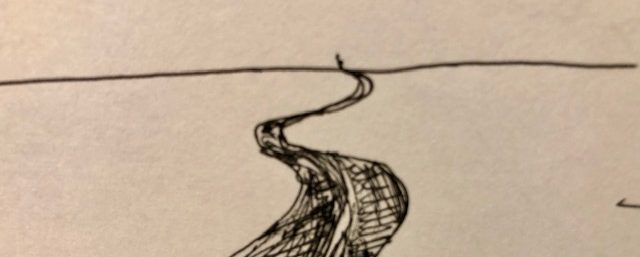
Over half of undergraduate students are engaging in term-time work while studying full time. But little is known about the impacts of studies on work and vice-versa. Further, little is known about the impacts of different kinds of work, and about the ‘quality’ of the work on studies over time.
This longitudinal mixed-methodology research study addresses this gap by examining undergraduates’ work-study patterns and experiences.
Our focus is on UBC and U of T, two research-intensive universities in high-cost cities.
Aims of our research
Our study aims to contribute to better understanding work-study relationships, student labour markets, and work-integrated learning. It will contribute to policy discussions within university faculties and student services about how to better support working students and to provincial and national discussions about the regulation of student work.
|
Our research questions are: 1. What are undergraduate students’ term-time work patterns and how do they vary? 2. How are students’ work experiences related to academic and other outcomes, including their grades, campus engagement, sense of well-being, and aspirations? 3. How do student experiences of work differ when that work is integrated into their studies (e.g., through internships, Work Learn programs)? 4. How do diverse groups of students make sense of their work-study transition experiences over time and what are the implications of these autobiographical narratives for policies? |
Phase 1 of our study involved an online survey of undergraduates at UBC in early 2018.
Phase 2 (2019-20) involved qualitative data collection through focus groups, life mapping, and audio diaries at UBC and U of T to learn how students make sense of their work in relation to their studies.
Phase 3 (2020-21) will involve thematic focus group meetings to probe initial findings.
